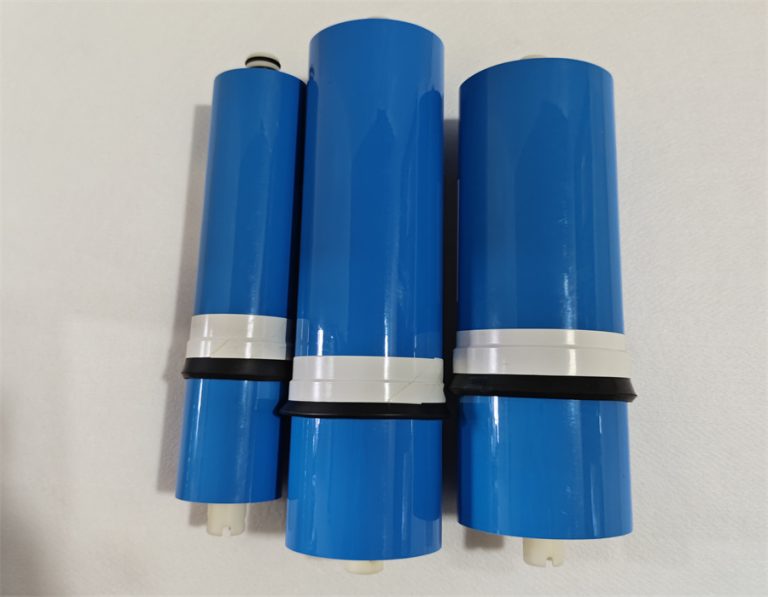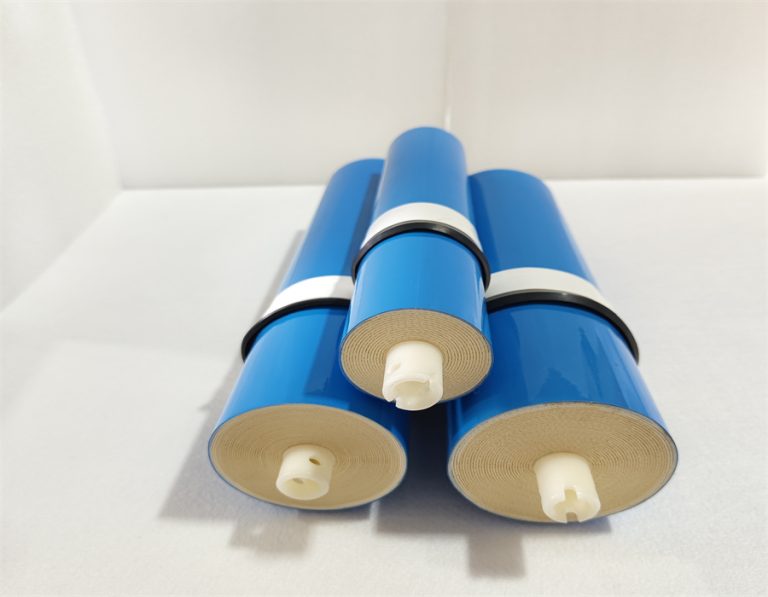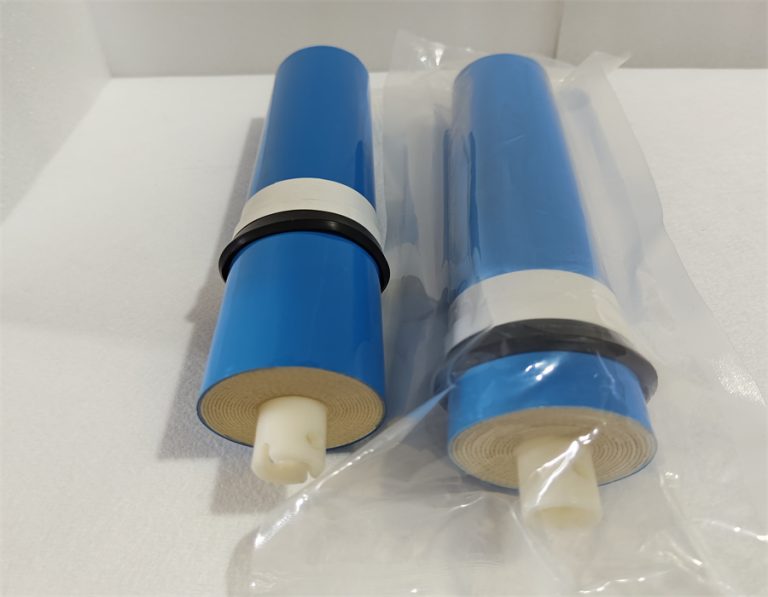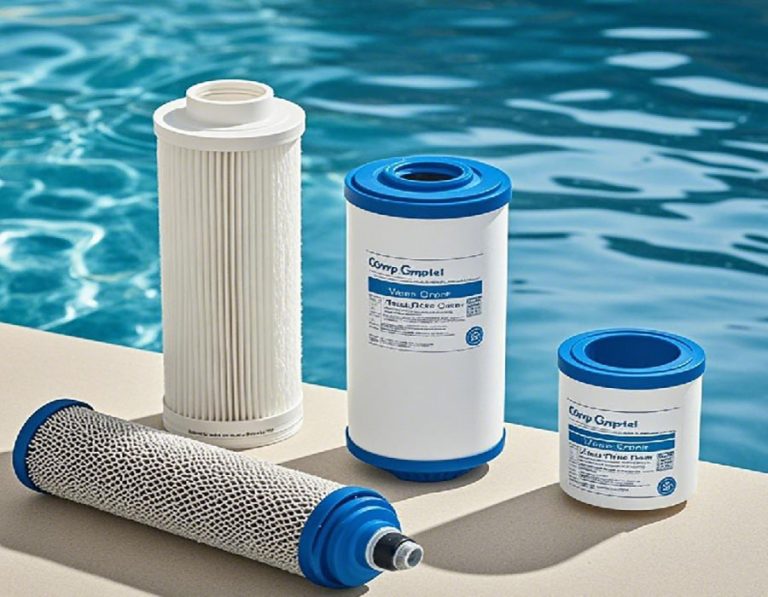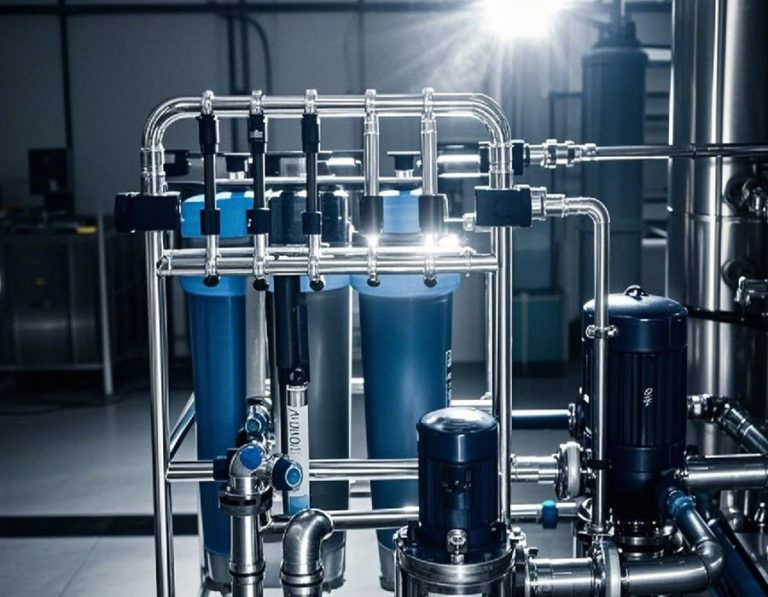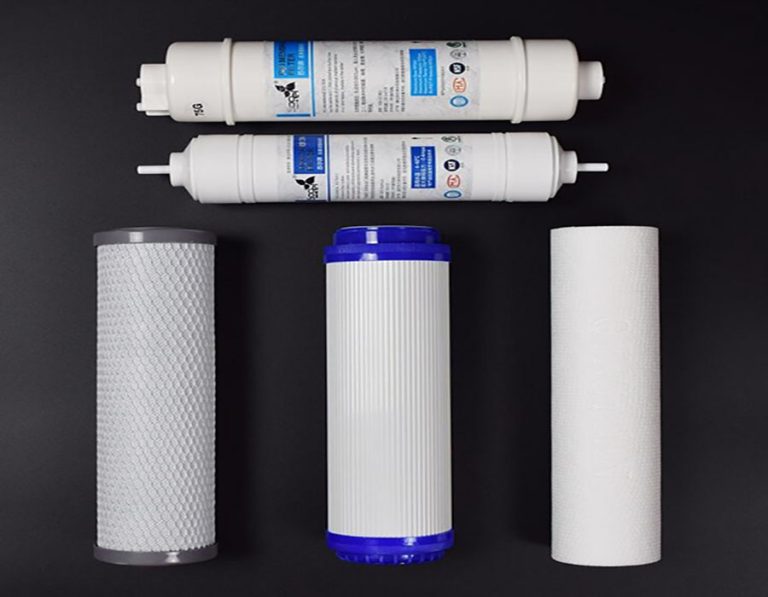One stop supplier of water treatment parts&accessories
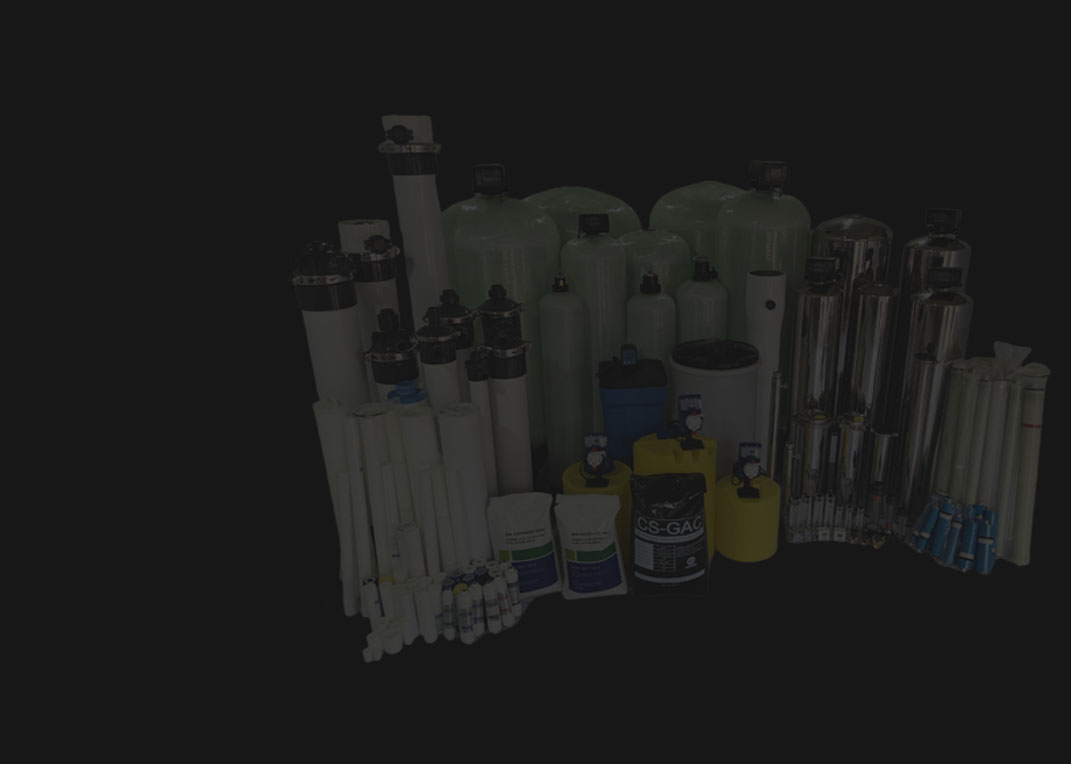
Water Softener vs Whole House Filter: A Comprehensive Guide
In the pursuit of pristine and healthy water within our homes, two prevalent choices frequently surface: water softeners and whole house filters. But when it comes to water softener vs whole house filter, which one truly aligns with your requirements? Let’s embark on this exploration.
The Water Woes We Endure
Hard Water Hindrances
Hard water plagues numerous households. Laden with high levels of minerals such as calcium and magnesium, it leads to scale accumulation in pipes. As an illustration, a study by the American Society of Plumbing Engineers disclosed that hard water can cause a 20% decline in water flow within pipes over a span of 5 years (Source: American Society of Plumbing Engineers). This not only reduces pipe efficiency but also leaves skin feeling dry and hair looking lackluster.
Contaminated Water Concerns
Contaminated water poses another significant issue. It may contain various impurities like chlorine, heavy metals such as lead, and even bacteria. These contaminants not only mar the taste and odor of water but also present serious health hazards. For instance, long – term exposure to lead in water can trigger neurological problems, particularly in children.

Water Softener: The Antidote for Hard Water
How It Operates
A water softener functions through an ion – exchange mechanism. It substitutes the calcium and magnesium ions in hard water with sodium ions. This process effectively softens the water, minimizing scale buildup. The resin beads within the softener capture the hard water minerals and release sodium ions in their stead.
Merits of a Water Softener
Soft water offers several advantages. It imparts a smoother feel to your skin and hair as it doesn’t strip away natural oils. It also extends the lifespan of plumbing fixtures and appliances. Dishwashers and washing machines operate more efficiently with soft water and demand less detergent. In the context of water softener vs whole house filter, a softener is clearly a boon for hard – water – affected homes.
A Case of a Water Softener in Practice
In 2025, we installed a water softener for a family grappling with hard water for years. Their pipes were encrusted with scale, and their skin and hair were constantly parched. Post – installation, they witnessed a remarkable transformation. Their pipes were free of scale, and their skin and hair felt rejuvenated. This case vividly demonstrates the efficacy of a water softener.
Whole House Filter: Vanquishing a Multitude of Contaminants
Filtration Procedure
A whole house filter employs multiple filtration phases. Initially, a sediment filter traps large particles like sand and dirt. Subsequently, a carbon filter eliminates chlorine, odors, and certain organic compounds. Some advanced whole house filters even incorporate a reverse osmosis stage capable of removing the tiniest contaminants, ensuring pure water throughout the house. When comparing water softener vs whole house filter, the latter’s ability to target a wide range of impurities is a significant factor.
Advantages of a Whole House Filter
With a whole house filter, clean water is accessible at every tap in your home. It enhances the taste and odor of water, making it more palatable. It also safeguards your appliances from damage inflicted by contaminants. For example, it can prevent the formation of limescale in your kettle, thereby maintaining its optimal performance.
A Real – Life Instance of a Whole House Filter
Another family we assisted had apprehensions regarding the quality of their tap water. They opted for a whole house filter installation. After a few months, they reported an improved water taste, and concerns about contaminants dissipated. Their appliances also seemed to be running more smoothly.
Water Softener vs Whole House Filter: A Side – by – Side Comparison
Let’s take a detailed look at the differences between a water softener and a whole house filter:
| Features | Water Softener | Whole House Filter |
| Main Function | Softens hard water by expelling calcium and magnesium ions | Filters out a broad spectrum of contaminants including sediment, chlorine, heavy metals, and bacteria |
| Filtration Stages | Typically one primary stage (ion – exchange) | Multiple stages (sediment, carbon, reverse osmosis in some cases) |
| Impact on Water Taste | Can marginally alter the taste due to the addition of sodium ions | Elevates water taste by eliminating unpleasant substances |
| Cost (Initial Installation) | Moderate, contingent on size and capacity | Can be higher, especially for advanced multi – stage models |
| Maintenance | Demands regular salt refills and occasional resin replacement | Filters need periodic replacement, which can be costly for some models |
Selecting the Appropriate Option: A Step – by – Step Roadmap
Step 1: Scrutinize Your Water Quality
The initial step is to understand the quality of your water. You can conduct a simple home water test or enlist a professional for a comprehensive analysis. This will enable you to ascertain whether you’re dealing with hard water, contaminated water, or both, which is crucial when deliberating between water softener vs whole house filter.
Step 2: Pinpoint Your Priorities
Determine what holds greater significance for you. If hard water is your primary concern, a water softener might be the ideal choice. However, if you’re worried about a wide array of contaminants, a whole house filter could be more suitable.
Step 3: Set Your Budget
Both water softeners and whole house filters are available in diverse price ranges. Establish a budget based on your financial circumstances and the long – term maintenance costs.
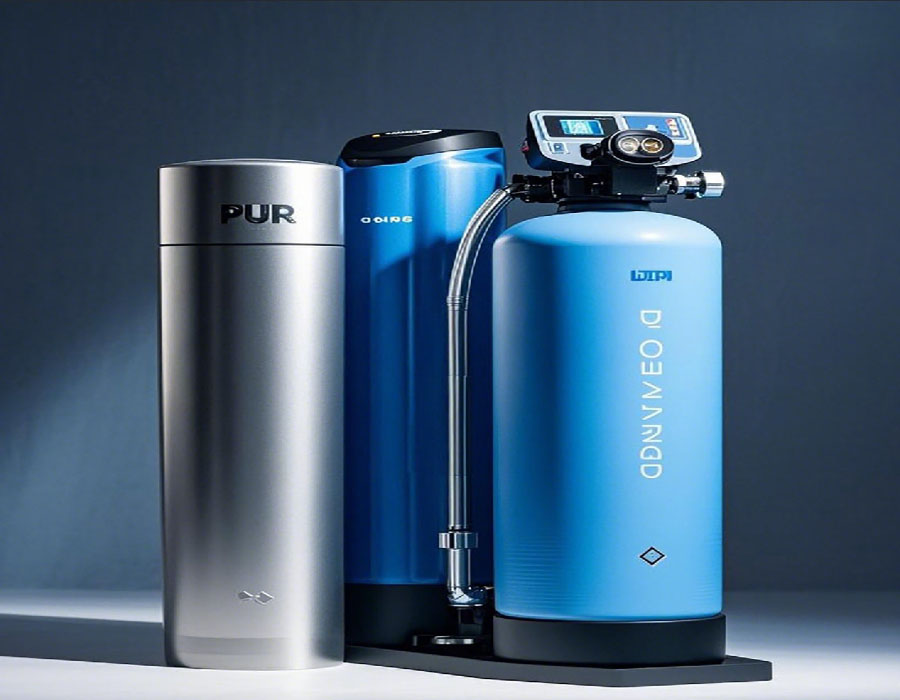
Step 4: Research Diverse Brands and Models
Seek out reviews and ratings of different water softeners and whole house filters. Examine the features, performance, and reliability of each model.
Step 5: Ponder Installation and Maintenance
Consider the installation process. Some models are user – friendly for installation, while others may necessitate professional assistance. Also, factor in the maintenance requirements, such as how often filters need replacement or salt needs refilling.
Common Pitfalls to Evade
⚠ Note: One common error is choosing a water softener or whole house filter solely based on price. A cheaper alternative may not deliver the desired level of performance. Another misstep is overlooking long – term maintenance costs. Some filters or softeners may have costly replacement parts or high – cost maintenance needs. Additionally, don’t assume a one – size – fits – all approach. Ensure the system you select is appropriate for your home’s size and water consumption.
Conclusion
In summary, both water softeners and whole house filters have their distinct advantages. The optimal choice hinges on your specific water problems, priorities, and budget. By adhering to the steps outlined above and sidestepping common mistakes, you can make an informed decision and relish clean, healthy water in your abode.
Checklist
- Thoroughly analyze your water quality
- Clearly define your priorities
- Set a realistic budget
- Exhaustively research different brands and models
- Consider installation and maintenance aspects
- Avoid choosing based on price alone
- Ensure the system suits your home size and water usage


